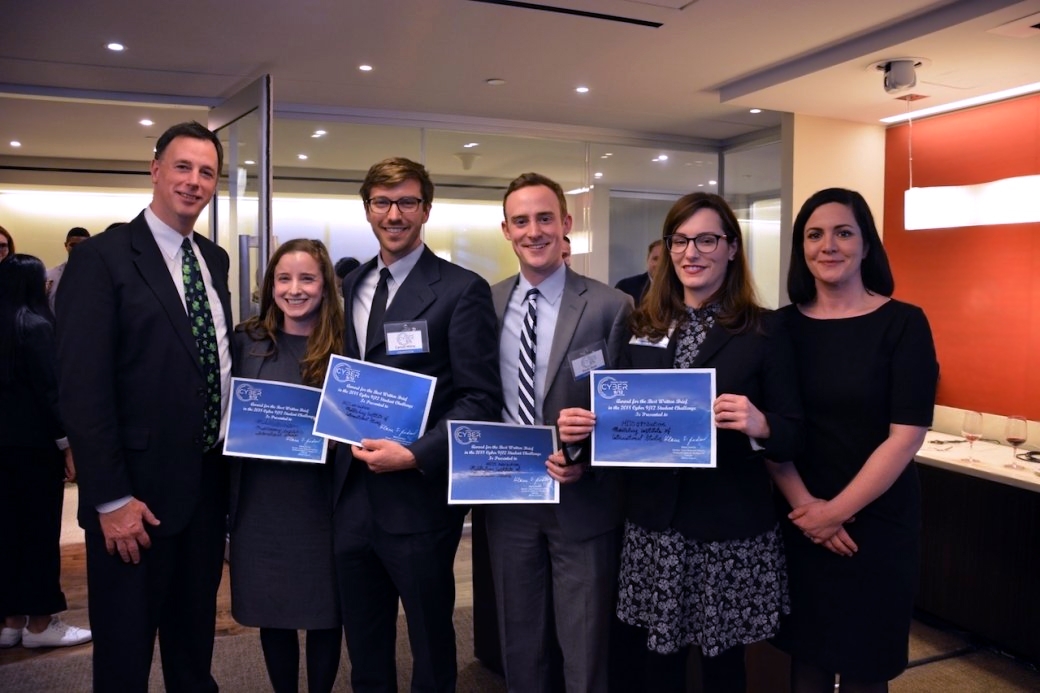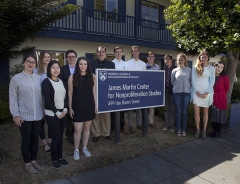New Initiative Leader Sees Growing Demand for Cyber Policy Expertise
Dr. Elaine Korzak is excited about the opportunities ahead for the next generation of cyber policy experts as she takes over leadership of the Middlebury Institute’s Cyber Initiative.


